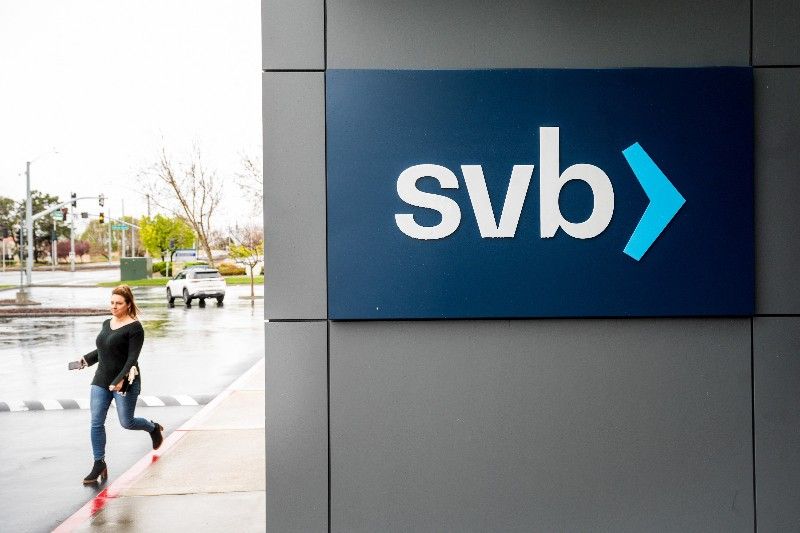US bank failures won't derail BSP rate hike — FMIC, UA&P

MANILA, Philippines — The Bangko Sentral ng Pilipinas would likely keep increasing interest rates to tame inflation despite concerns of contagion sweeping through the global financial system after some US banks collapsed in past weeks.
That was the assessment gleaned from First Metro Investment Corp. and UA&P Capital Markets Research’s “Market Call” released Monday.
“We expect the BSP to hike policy rates by 25 bps in its March meeting to 6.25%, but this won’t suffice to stem the depreciation tendency of the peso given the Fed’s resolve to raise its policy rates by 25 bps in March and in May and PH’s burgeoning trade deficits. The recent SVB bank failure in the U.S. won’t derail those plans,” the report read.
The Philippines’ is coming to terms with a widening trade deficit. Exports plunged in January, which piled on the peso’s poor performance against regional currencies in the same month.
RELATED STORY: Exports plunge worsen trade deficit in January
That said, the BSP has injected 400 basis points into the key policy rate since May, to combat inflation that weakened the public’s purchasing power.
Consumer price growth continued to move at a feverish pace. It settled at 8.6% year-on-year in February despite expectations it would peak at the end of 2022.
To this end, analysts at FMIC and UA&P note that accelerating inflation in the coming months is expected to slow down.
“We think inflation has hit a peak in January and is now on a downtrend which should ease worries about a slowdown in consumer spending. We think the latter shall find support in the personal income tax cut effective January 2023 and solid OFW remittances,” they added.
Rate hikes typically take 12 to 18 months before it seeps into the economy. Monetary authorities are widely expected to adjust interest rates by 25 or 50 basis points in its next meeting.
Expectations that the closure of US banks in past weeks has rocked local equities, but Philippine authorities quickly soothe fears. Both the BSP and the Bankers Association of the Philippines assured that Philippine banks and the country’s financial system are not exposed to the fallout. As it is, experts reckoned that Silicon Valley Bank was the largest lender to fail ever since the 2008 Global Financial Crisis.
SVB’s closure was precipitated by a bank run, essentially the bank did not have any cash to pay back its depositors. Likewise, SVB’s collapse was quickened by the US Federal Reserve’s aggressive interest rate hikes, targeted at cooling inflation in the US. Expensive borrowing costs strained securities, according to experts.
Two days later, the ensuing panic forced US regulators to shut down Signature Bank to try to soothe equity markets and investors.
This did little to soothe concerns within the global banking sector. Switzerland’s biggest bank, UBS, took over Credit Suisse after its Saudi-based creditor said it could not provide financial support. On the other hand, US-based First Republic Bank found itself in SVB waters as investors were reportedly fleeing, as its shares tanked on Friday.
- Latest
- Trending

































